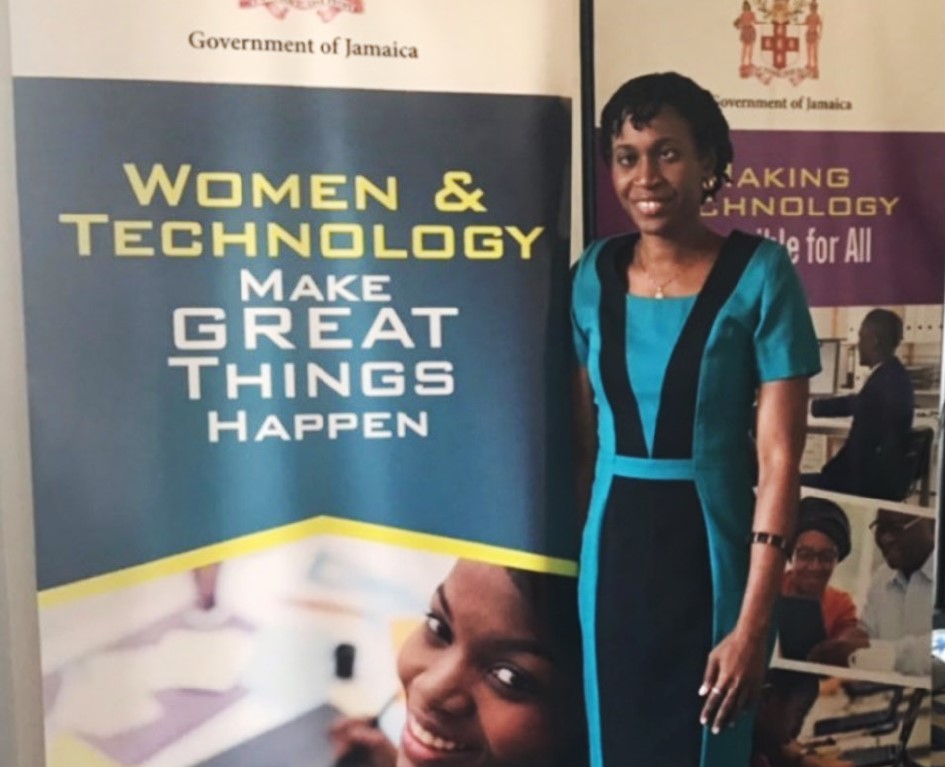
The Caribbean region is unique across the Commonwealth in that it has a regionally recognised, competency-based certification system known as the Caribbean Vocational Qualification (CVQ). One of the challenges in moving to a competency-based approach is the accreditation of assessors and verifiers, two new roles crucial for the system to be reliable. The workshop model of training is expensive, involves transport and accommodation, and limits the number of people who can be assessed and accredited.
COL has supported the National Training Authorities (NTAs) of Barbados, Grenada, and Trinidad and Tobago to develop and deliver online CVQ assessor training aimed at standardising training across the region and increasing the number of qualified assessors. Two cohorts have now completed the training, with 35 candidates successfully trained.
Candice Barbara John, who is legally blind, is an IT instructor at the National Centre for Persons with Disabilities, in Trinidad and Tobago, and a masters student at the University of the West Indies, St. Augustine campus. She is pursuing an MA in Leadership in Technical Vocational Education and Training (TVET) and Workforce Development (WFD). In 2017, Candice completed the online Caribbean Vocational Qualification Assessor course offered by the National Training Agency. She found the learning platform accessible and user friendly and used on-screen readers (both JAWS and VoiceOver) to navigate course content. Support personnel were also available if she needed help. Candice has been able to assess the competence of 130 students in computer literacy and data operations. She said, “I am now able to select the proper assessment tools for my trainees. I carry out assessments more effectively than I did before, and I provide more in-depth feedback to my trainees.”
To further strengthen the CVQ assessor system, and at the request of CANTA, COL is now supporting the development of online verifier training with the first cohort planned for later in 2019.


